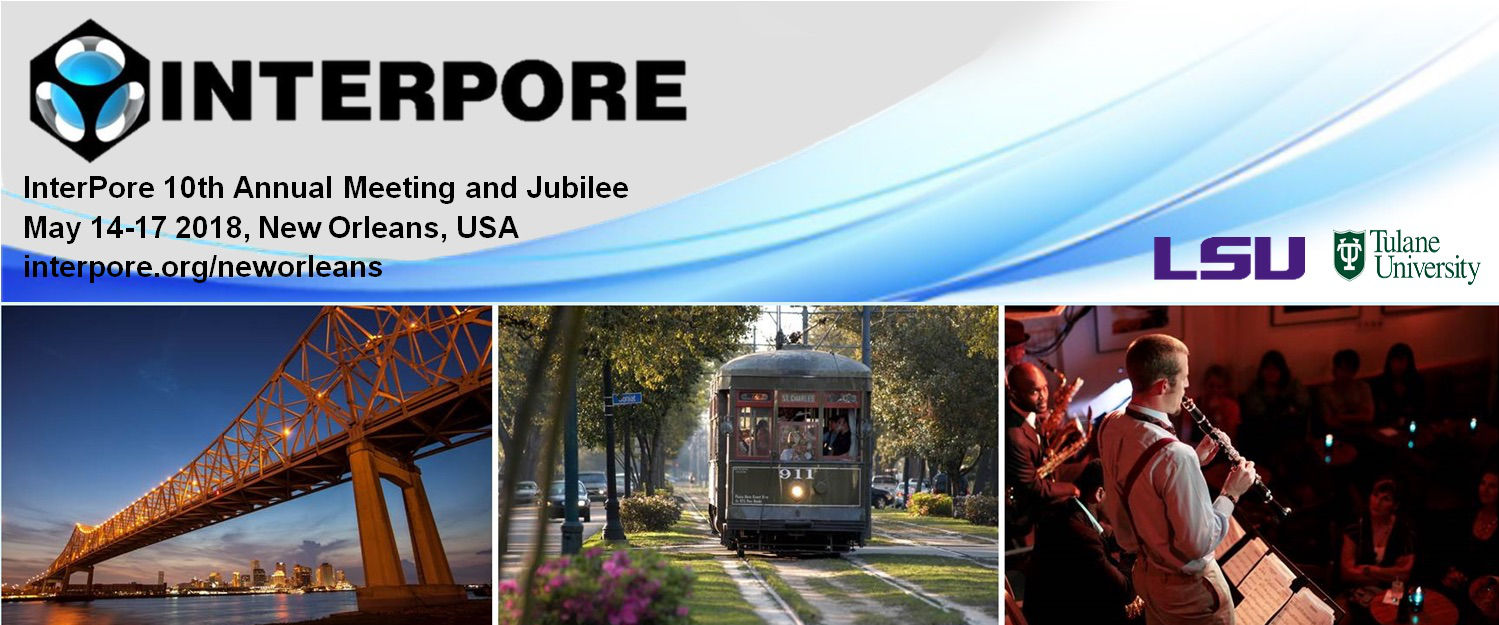Speaker
Description
In the context of geological carbon sequestration (GCS), carbon dioxide (CO2) is often injected into deep formations saturated with a brine that may contain dissolved light hydrocarbons such as methane (CH4). In this multicomponent multiphase displacement process, CO2 competes with CH4 in terms of dissolution, and CH4 tends to exsolve from the aqueous into a gaseous phase. Because CH4 has a lower viscosity than injected CO2, CH4 is swept up into a ‘bank’ of CH4-rich gas ahead of the CO2 displacement front. On the one hand, this may provide a useful tracer signal of an approaching CO2 front. On the other hand, the emergence of gaseous CH4 is undesirable because it poses a leakage risk of a far more potent greenhouse gas than CO2 if the cap rock is compromised. Open fractures or faults and wells could result in CH4-contamination of overlying groundwater aquifers as well as surface emissions. We investigate this process through detailed numerical simulations for a large-scale GCS pilot project (near Cranfield, Mississippi) for which a rich set of field data is available. An accurate cubic-plus-association (CPA) equation-of-state (EOS) is used to describe the non-linear phase behavior of multiphase brine-CH4-CO2 mixtures, and breakthrough curves in two observation wells are used to constrain transport processes. Both field data and simulations indeed show the development of an extensive plume of CH4-rich (up to 90 mol%) gas as a consequence of CO2 injection, with important implications for the risk assessment of future GCS projects.
| Acceptance of Terms and Conditions | Click here to agree |
|---|


